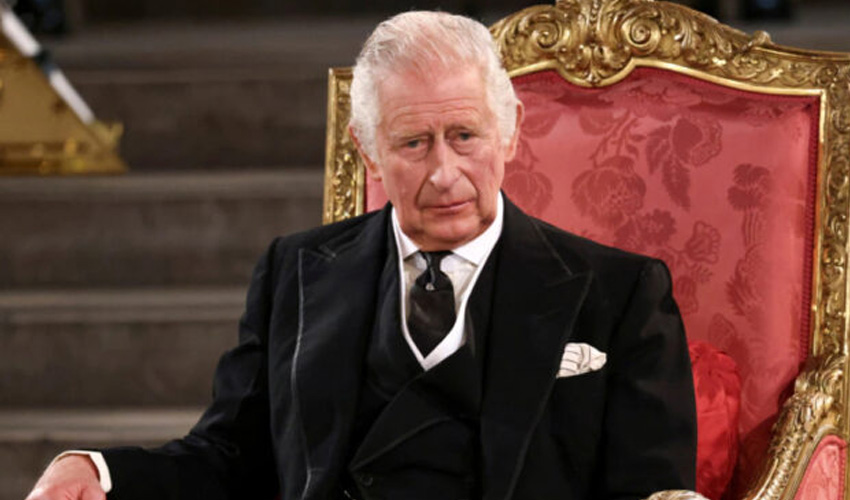Seventeen months into his reign, King Charles III has been diagnosed with cancer, Buckingham Palace announced on Tuesday. While details remain limited, the news has sparked concern and well wishes from around the world.
Key Points:
- Type of Cancer Unclear: The Palace did not disclose the specific type of cancer, though it wasn't prostate cancer, a concern due to his recent treatment.
- Early Detection: UK Prime Minister Rishi Sunak stated the cancer was "caught early", raising hopes for a successful recovery. He said he would "continue to communicate" with the king "as usual".
- Diagnosed After Surgery: King Charles underwent a procedure for an enlarged prostate, during which the cancer was identified. After that he returned to London on Monday from his Sandringham residence in eastern England.
After the surgery, he learned he had cancer at the end of January. He underwent a corrective procedure for his benign prostate condition during a three-night stay at the private London Clinic. Tests carried out during his stay detected the cancer. - Treatment Uncertain: Details regarding the chosen treatment plan haven't been released however, many cancer patients are treated with chaemotherapy, a drug combination usually administered by intravenous infusion.
Public Reassurance and Uncertainties:
- Positive Outlook: The Palace emphasized the King "remains wholly positive" and is committed to returning to public duties soon. Despite being nearly 80, Charles enjoys a healthy and active lifestyle, including skiing.
Charles took time to inform his close family members, especially his son Harry with whom relations have been tense for months, before making his illness public "to avoid speculation". - Reduced Public Engagements: He will prioritize treatment on the advice of his doctors, postponing public events while continuing to "undertake state business and official paperwork as usual".
- Public Interest and Support: While details remain unclear, well wishes and inquiries surrounding the King's health and treatment plan are expected to continue.
Looking Ahead:
- Unveiling Treatment Plan: Further information about the chosen treatment and its implications will be crucial for public understanding and support.
- Impact on Royal Duties: The extent of the King's reduced public engagements and the potential role of other royals remain to be seen.
- Wider Public Discourse: This unexpected health update may prompt discussions about ageing, healthcare access, and the evolving role of the monarchy in modern society.
King Charles III was informed of his diagnosis at the beginning of last week, but was still seen attending church at Sandringham with Queen Camilla on Sunday and waving to well-wishers.
As King Charles undergoes treatment, the public awaits further details and wishes him a full and speedy recovery. The coming weeks will reveal the impact of this diagnosis on both the monarch and the British monarchy.
The most common cancers in the UK -- where about 1,000 new cases are detected each day -- are breast, lung, prostate and colon cancer, which together account for 53% of new cases, according to Cancer UK. People over the age of 75 represent 36% of new cancer cases diagnosed each year.


























